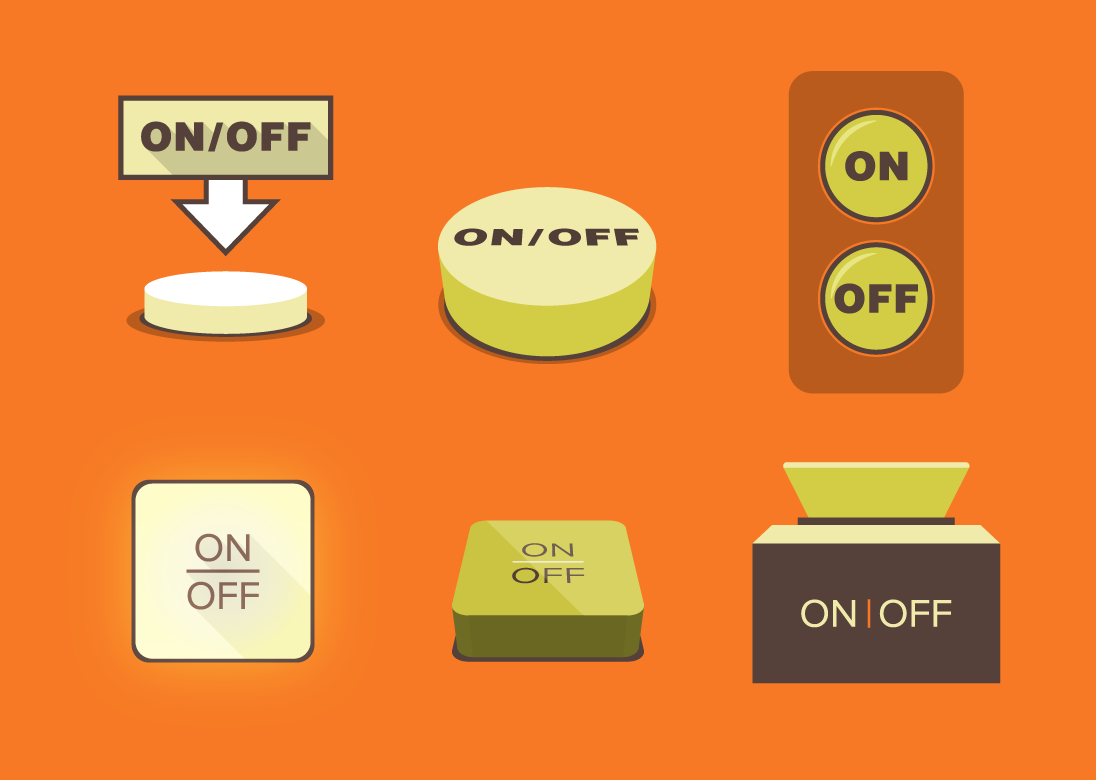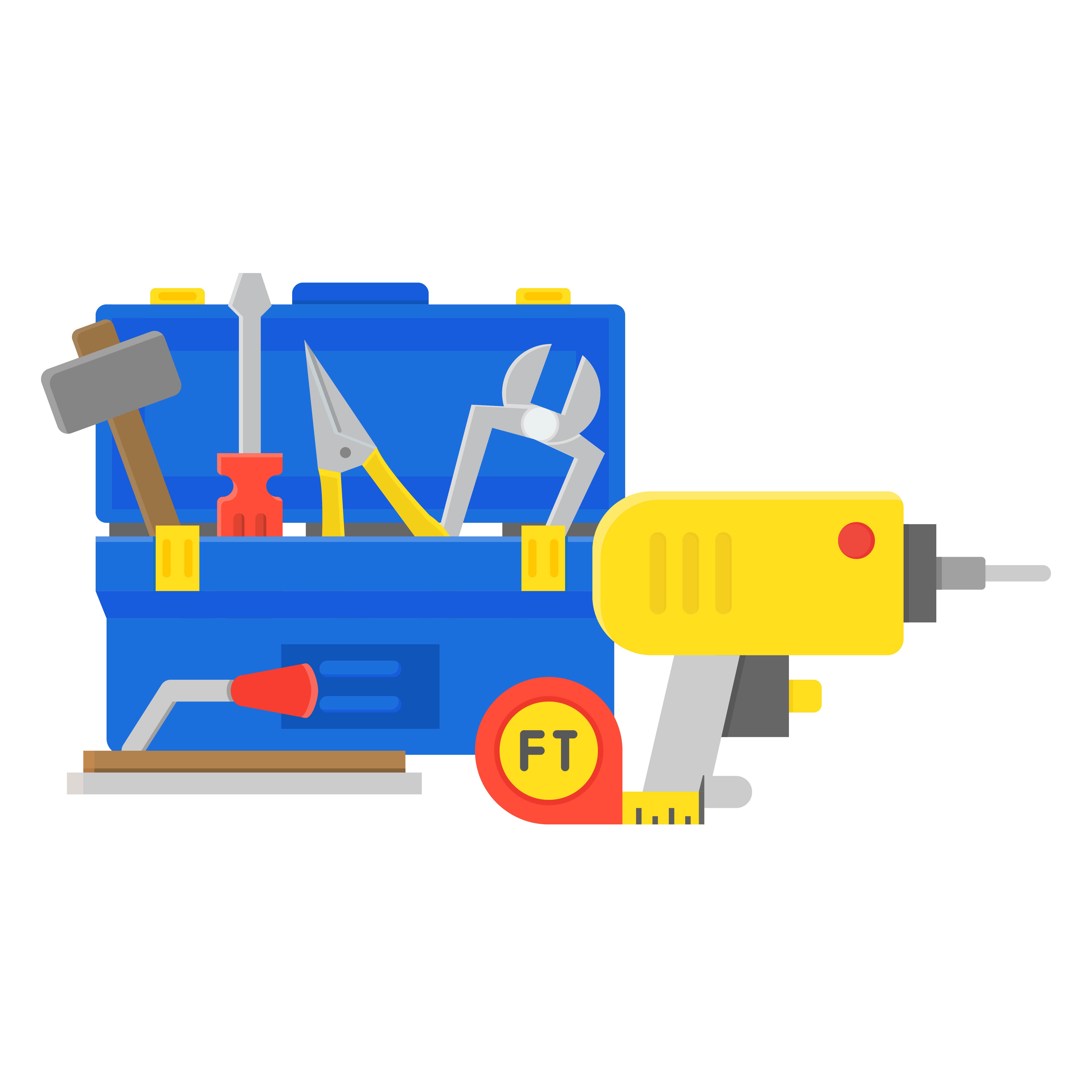3 Ways To Reduce Compressed Air Cost
Posted by AVP on Dec 1st 2020
Air compressors generally use a substantial amount of energy during a normal work period. When all the expenses of operating a facility are considered, any amount of savings can help boost your overall profit. With air compressors, steady maintenance can help air compressors to run more efficiently which can help lower costs and increase margins. The following are few ways to reduce the cost of compressed air, increase your productivity, boost your earnings and avoid costly repairs and system interruptions.
1. Turn Off Your Air Compressor
The easiest way to lower compressed air costs is by simply turning off your compressor during the hours when you do not need it. Many people keep the machines idling during off hours which can turn into a lot of wasted energy. Unless using your compressor(s) nonstop, there are few, if any, reasons to continuously run your compressor. By paying more attention to your usage during a typical work week, energy consumption can be reduced by over half and you can see quick dividends on your electric bills.

2. Repairing and Preventing Leaks
The act of repairing existing leaks and stopping the formation of new leaks is a crucial in minimizing compressed air expenses. With air compressors, only about a fifth of the energy consumed yields air power as the rest turns to heat. When compressors are plagued by leaks, the overall efficiency drops even lower than that one-fifth level. It is, therefore, essential to inspect your compressed air system for leaks regularly and perform maintenance when necessary.
Performing anti-leak preventative maintenance regularly is another key step in cutting costs and increasing efficiency. Diligently inspecting all areas of your machine is an investment that can drastically impact your bottom dollar and the overall performance of your compressor. Be sure to check the pipes, which tend to be vulnerable to various forms of wear and tear and is a great place to start your leak search. Always inspect drains and filters as those are areas that corrosive gunk can linger and eventually lead to rust and leaks. When necessary, go ahead and change the filters while you’re at it.
3. Routine Maintenance a Must
Routine maintenance may seem less important compared to other things but when it comes to the operation of your compressor, maintenance amounts to overall savings on compressed air operating costs. To maximize the functions of your air compressor, be intentional about looking over all aspects of your compressor. Some key places to look, besides the pipes and filters, are the motor fans, drip tray, belt and ensuring their is proper lubrication throughout.
Here are a few of our current favorite compressors:
- PC106 Panther Oil Free Mini Air Compressor, 1.57 Gallon Tank, Silencing Cabinet, 4.4 CFM, 115/1/60
- PC2/50, Panther Oil Free Mini Air Compressor, 13 Gallon Tank, 6.35 CFM, 115/1/60
- PC2x2/100, Panther Oil Free Mini Air Compressor, 26 Gallon Tank, 12.7 CFM, 220/1/60PC5x2/500, Panther Oil Free Mini Air Compressor, 130 Gallon Tank, 55 CFM, 208-240-460V/3Phase
- PC5x2/500, Panther Oil Free Mini Air Compressor, 130 Gallon Tank, 55 CFM, 208-240-460V/3Phase
Trust the Experts
We know the list provided is not extensive but that was intentional. Taking just these few basic steps can be a great start in cutting costs and saving money in the short run and increase the longevity of your compressor and saving more money in the long term.
At AVP, we know a thing or two about air compressors. Call us for an expert recommendation at (281) 866-9700 or check out our store at shop.airvacuumprocess.com.

